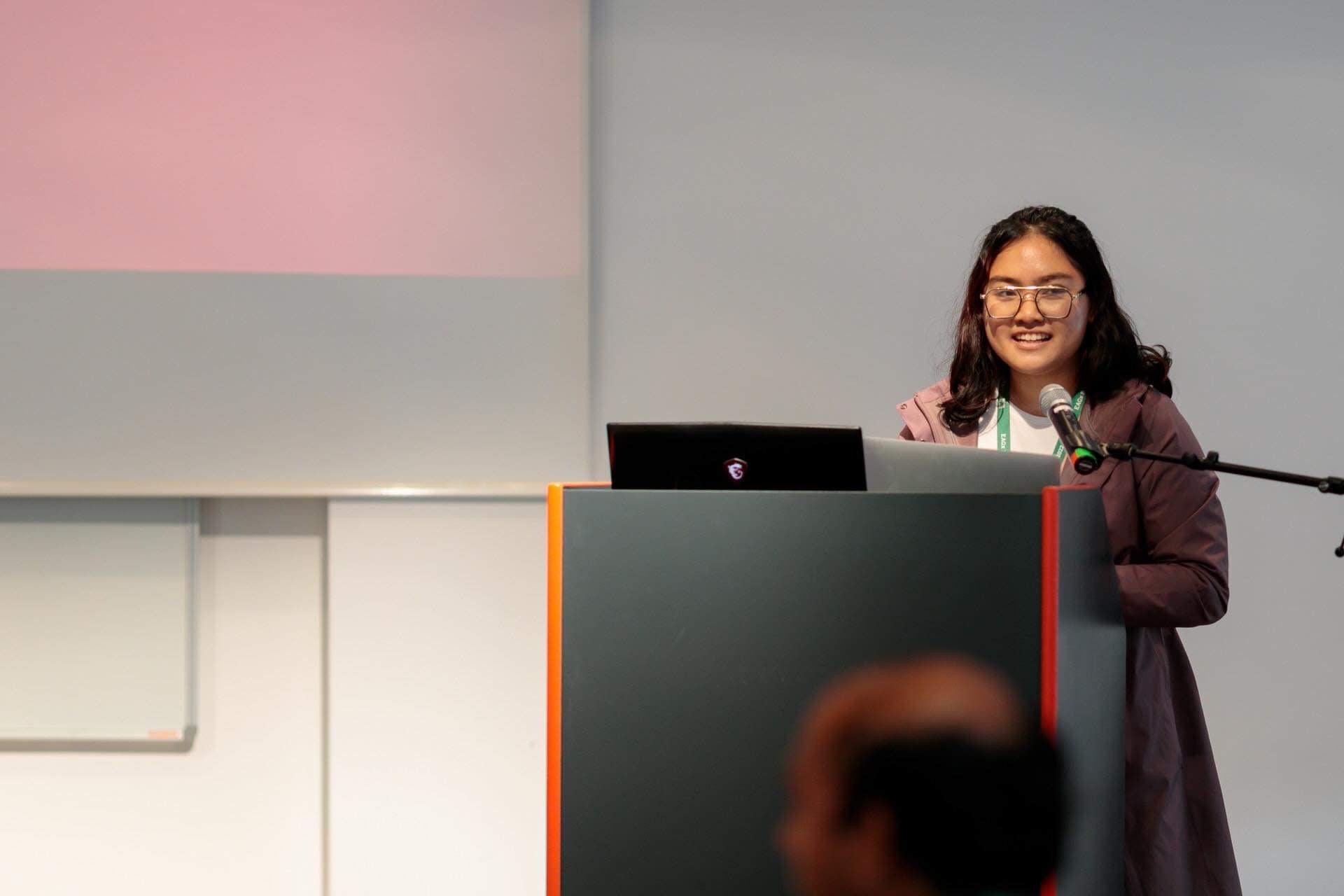I run the 80,000 Hours one-on-one team. We speak to about 1.5k people a year about their careers. Our internal term for these people, which I'll use throughout this post, is 'advisees'. One of the biggest ways we help people is by making introductions to people working in high impact fields (we refer to them internally as 'specialists'). Below is the guidance we give specialists on how to make those introductions worthwhile.
Background
One of the core things we’re trying to figure out on an advisee call is whether there are other people we know about who could be useful for the person to chat to. People have reported these kinds of introductions to have been surprisingly useful in the past.
Sometimes it’s very clear what the value of an introduction can be, such as putting a hiring manager in touch with someone who has the profile they’re looking for. But there are quite a few other things that have turned out to be useful over the years, such as:
- Specialists giving a sense of their day to day in a particular job and thereby give someone a sense of whether they’re likely to be suited to that role or not
- Specialists talking about their background and how they got into a job, to give a sense of how to get into their role
- Social proof - putting a face and voice to a particular sector, and making an advisee feel more like they too could get into that sector
- Particular esoteric knowledge about a field or path which it’s hard to find as an outsider to it.
I do really want to recommend that people thinking about their careers seek out more conversations with people working in fields they’re interested in or who have thought through similar kinds of decisions. It’s also worth taking time to prep in order to get additional value from them. It’s nerve wracking to ask for conversations like this (some advice from Michael Aird on how to do this). But I think people are often happy to be asked for their advice. In fact, people working in a field may themselves feel reticent to offer calls to talk about how they got to where they are. To them, it’s far more salient how far they have to go rather than how much they’ve already achieved. I thought seeing our list of tips might give people on either side of this a little more confidence to initiate these conversations.
The below are the suggestions we make to the experts in the field to whom we make introductions. They were in large part written by Alex Lawsen and Anemone Franz, with input from some specialists. The system is now run by Zac Richardson.
Tips on how to make the conversations you have more useful
- It’s sometimes useful to ask the advisee to come to the call with a list of questions or topic prepared. If you’d like us to ask all advisees to do this, just let us know!
- If you’re happy to take a bit more ownership of part of the call, it can be helpful to ask the person you’re speaking to what they are most hoping to get out of the conversation (we typically do this on advising calls).
- We will have given both of you some context on each other in the introductory email, but it can still be worth giving a brief personal introduction, for example explaining what you’re working on at the moment.
- Starting the call by asking some open-ended questions of the person you’re advising can be helpful to get a better sense of them. This could be about their current career plans, or something broader, like what they have been thinking about recently.
- It can be helpful to set clear expectations at the beginning of the call about the scope of your expertise and the topics you feel comfortable discussing, especially if you work in a complicated field with lots of internal disagreement.
- Not giving a take on a particular question is fine, as is giving one but flagging that you know others disagree.
- Don’t underestimate the value of just describing who you are and how you ended up in your current position.
- If you find yourself saying the same thing to lots of the people you speak to, consider writing down an FAQ or ‘document of common advice’. Rohin Shah has a public example here. If you’d rather yours wasn’t shared as widely (or if you just don’t want to go to the effort of building a personal website), a Google Doc or forum post works perfectly well, and if you’d like, we can share anything you do write with advisees before introducing them.
- Treat the conversation as a professional interaction, with the same norms around discourse and personal familiarity that you would expect from a conversation at a large conference.
If you’d like to chat to our team, we’d love to hear from you - just fill in this form.




Good to know, thank you!